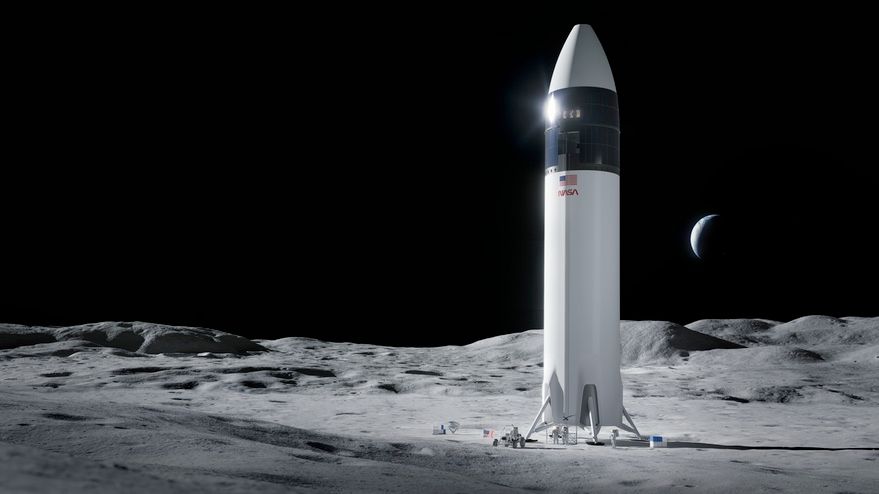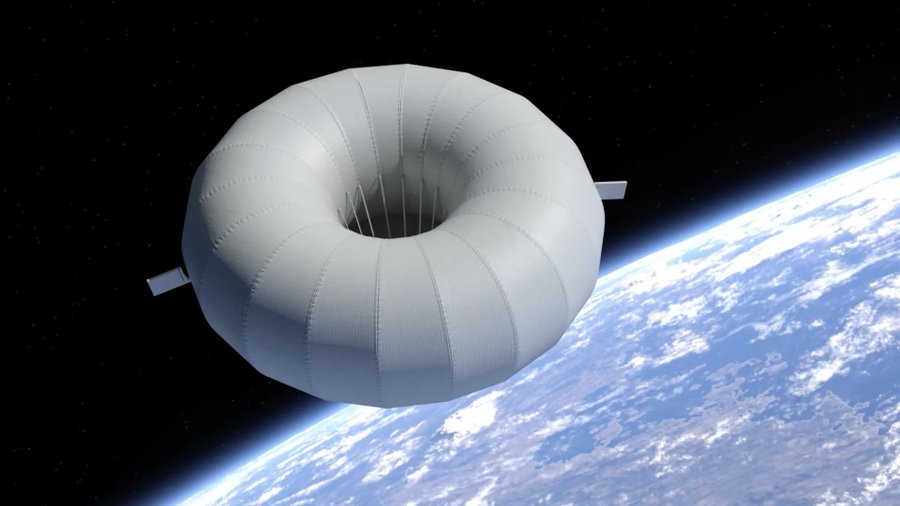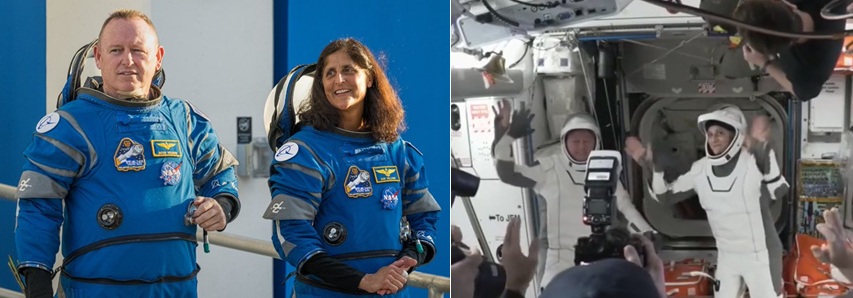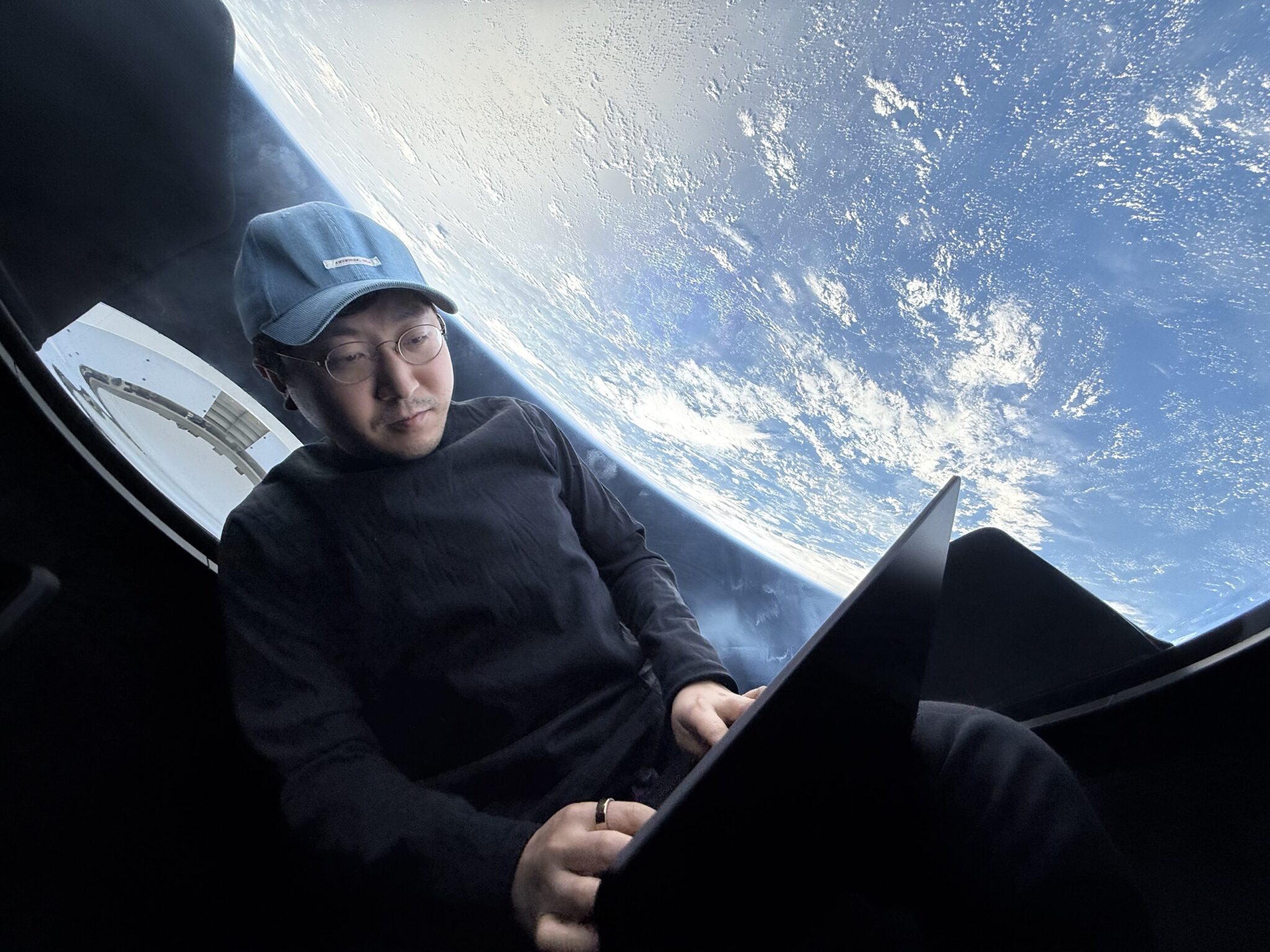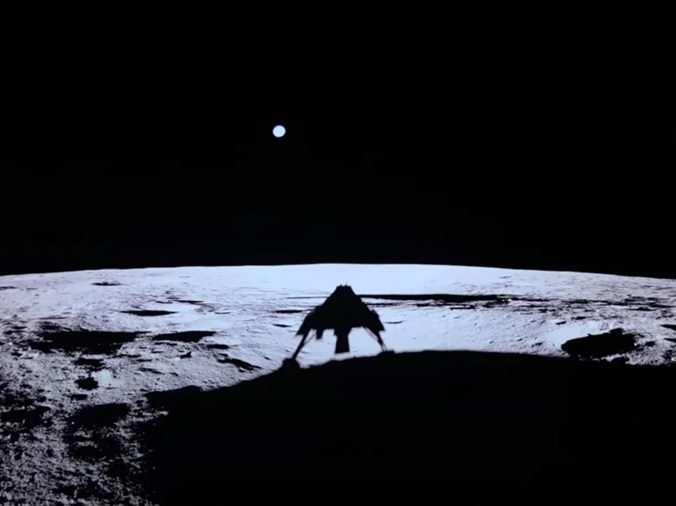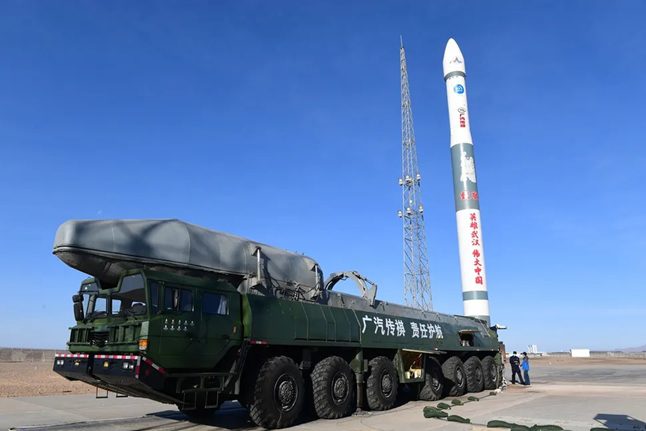NASA has awarded three Commercial Resupply Services (CRS-2) contracts worth several billion dollars each to Orbital ATK, Sierra Nevada and SpaceX to deliver cargo to the International Space Station (ISS) between 2019 to 2024. The maximum potential value of all contracts is US$14 billion, although NASA will order missions, as needed, and the total paid under the contract will depend on which mission types are ordered. Each company will use versions of their current space transportation systems. Orbital ATK and SpaceX are already providing cargo services to the ISS under the CRS-1 contract and were always likely winners in the competition.
Orbital ATK will use two versions of its Antares/Atlas V launched disposable Cygnus capsule. One will be “berthed” using the ISS robot arm, and one will dock automatically. Similarly, Space X will have berthing and automatic docking versions of its Earth-returnable Dragon capsule spacecraft. New kid in town, Sierra Nevada Corporation, whose Dream Chaser mini-shuttle originally lost out to Boeing’s CST-100 capsule design and SpaceX’s Dragon in NASA’s commercial crew contracts, will similarly use berthing and auto-docking versions of its spacecraft. The Dream Chaser mini-space shuttle, which has been developed more slowly than competing craft, benefits from having a lower g-load during re-entry. Its glide landings allow experimental samples to be delivered directly back to the Kennedy Space Center in Florida.
NASA’s decision has already yielded another financial gain. It has triggered €33 million (US$36 million) of funding from the European Space Agency (ESA) to develop the International Berthing and Docking Mechanism to allow Dream Chaser to dock with the ISS. There are also discussions on building a folding-wing version of Dream Chaser, which would allow it to be flown into orbit inside the fairing of a European Ariane 5 rocket.
As one of the two winners in the human crew transport contract, Boeing was disappointed not to gain one of the new cargo contracts. It was removed from the competition last year for unspecified reasons. A separate entry by Lockheed Martin, with an Atlas V launched “Jupiter” cargo craft, was also rejected by NASA. The contracts, which begin upon award, guarantee a minimum of six cargo resupply missions from each provider. The contracts also include funding ISS integration, flight support equipment, special tasks and studies, and NASA requirement changes.
The first missions begin in late 2019. “These resupply flights will be conducted in parallel with our Commercial Crew Program providers’ flights that enable addition of a seventh astronaut to the International Space Station. This will double the amount of crew time to conduct research,” said Julie Robinson, chief scientist for the ISS Program. “These missions will be vital for delivering the experiments and investigations that will enable NASA and our partners to continue this important research.”


